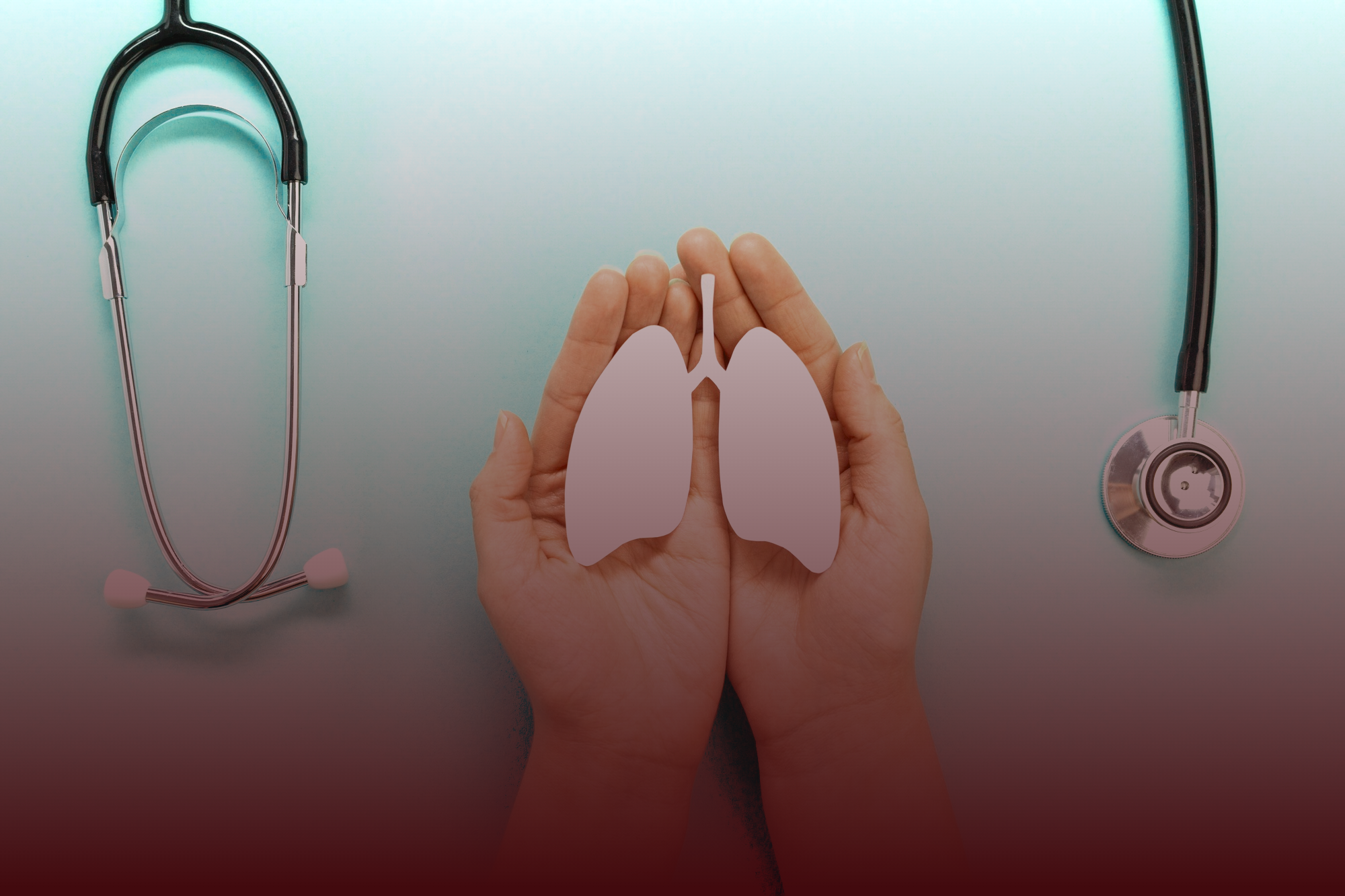
Haematuria & Proteinurea
Proteinuria and hematuria are findings in the urine that can be symptoms of kidney disease. Proteinuria means protein in the urine, and hematuria means blood in the urine. Careful evaluation of these symptoms can lead to early diagnosis of kidney problems, allowing you to get treatment before complications develop.
Healthy kidneys typically do not allow protein to pass from the blood into the urine. In proteinuria, however, the kidney’s filtering structures, called glomeruli, fail to block protein from entering the urine.
Protein in the urine can be a temporary and harmless, caused by stresses such as fever or exercise. However, it can also suggest that you have chronic kidney disease (CKD). Left untreated, chronic kidney disease can lead to kidney failure (end-stage renal disease).
In its early stages, proteinuria has no symptoms and can be found only through laboratory tests. When kidney disease is more advanced, your urine may appear foamy and you may develop swelling (edema) of the face, hands, abdomen or feet. Proteinuria is a sign of declining kidney function in people with diabetes or hypertension.
Hematuria comes in two types: gross hematuria, in which the blood is visible; and microscopic hematuria, in which the blood can only be seen under a microscope.
Causes of hematuria can include:
Vigorous exercise
Trauma
Menstruation
Kidney or bladder cancer
Kidney or bladder infection
Polycystic kidney disease
The physicians of Indiana University Health develop individualized plans to treat the causes of proteinuria and hematuria and help you preserve your kidneys and avoid long-term health complications.
We provide expert diagnosis and treatment of all types of kidney disease. Through our close affiliation with Indiana University School of Medicine, we have access to the most innovative approaches to chronic kidney disease and other problems. If you need the services of other specialists, such as urologists, we connect you with experts through the IU Health referral system. We help you to avoid kidney damage and maintain a high quality of life.
